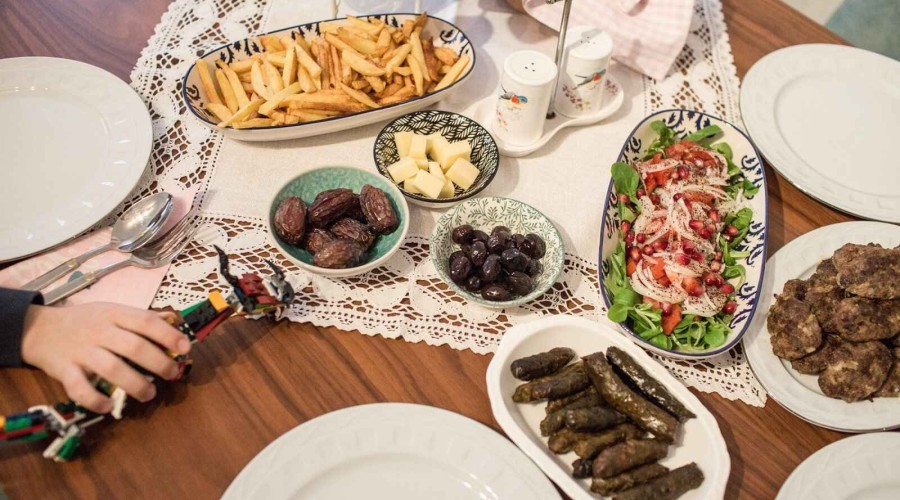Can you fast during Ramadan with diabetes?
Even for people who don’t inject insulin, it’s important that they have good long-term blood glucose levels

We are fast approaching the mid-point of the holy month of Ramadan as celebrated by hundreds of millions of Muslims around the world, although some may not have to partake in the fasting due to chronic diseases.
What does Ramadan mean for diabetics who need to keep their blood sugar under control? Do doctors say they can join the fasting too? The answer depends on what kind of diabetes is involved.
Diabetes is a lifelong condition that causes a person’s blood sugar level to become too high. There are two main types of diabetes. In type 1 diabetes, the body’s immune system attacks the cells that produce insulin, according to Britain’s National Health Service (NHS).
Type 2 diabetes is when the body does not produce enough insulin by itself, or else the body’s cells do not respond properly to insulin.
Fasting during Ramadan is not advisable for those with type 1 diabetes, says dietician Nesrin Yavuz in comments to a German magazine for pharmacists.
That also applies to those who have kidney damage or who take drainage tablets due to the disease, says Yavuz, a member of the Diabetes and Migrants working group, part of the German Diabetes Association.
Those who have type 2 diabetes can observe the fasting month but should take extra care in some areas. "Even for people who don’t inject insulin, it’s important that they have good long-term blood glucose levels," Yavuz says. Those who inject insulin must be especially careful, otherwise they can suffer severe hypoglycemia.
It’s advisable to talk about meal times and insulin dosage with a specialist before Ramadan, to be on the safe side. Also, measure your blood sugar regularly.
If a diabetes patient is in danger of hypoglycemia while fasting during the day, the advice is to stop immediately and bring blood sugar levels back under control by taking some glucose, for example.
